It saddens me that this piece needs to be written. Most of the information here applies to every patient seeking clinical support. So, what is so different about people living with obesity?
Two words make the difference. Attitude and communication.
These two things can influence conversation in both directions. Not all will think along these lines. I have been an HCP since 1984 and spent over 20 years living with obesity. I have heard these comments expressed and probably thought a few myself.
| Healthcare professional | Person living with obesity/overweight |
| Another fat person looking for an excuse for being fat | He looks annoyed that I’m here. I bet he thinks that my sore throat is due to my weight. |
| I bet they eat cakes, sweets and burgers | She won’t believe me if I say what I eat. I have some bad stuff but my proper diet is good. |
| I bet they never leave the sofa | Do I have to wear lycra to prove that I do 2 hours of dog walking each day? |
| Probably unemployed or in a low paid job | Why doesn’t he believe I’m a lawyer and can’t have appointment in the morning? |
| Refuses to accept personal responsibility | I know my eating is part of the problem. I need help not criticism |
| I’ll explain how dangerous fat is and how they are risking their lives | I know I need to lose weight. Why does he keep saying I’m going to die? I’m worried I’ll leave my kids without a mum. |
| I’ll explain how much they cost the NHS | I don’t think I’ll come back. They are busy with other people. I won’t mention that lump I found. |
| They can pay if they want bariatric surgery. Why should it come out of my budget? Others are more deserving | I didn’t realise my op would stop someone getting a new hip or chemotherapy. I feel so awful now. I don’t deserve help. I brought this on myself. I feel worthless. |
| How do you feel about your weight? Have you tried to lose weight before? | They’ve been on that course! |
| Plenty of fresh fruit and veg and lean white meat…. Little Tommy will soon lose weight | I can’t get to the supermarket without a car and the bus takes ages. The local shop sells cheap snacks within my budget. |
| Don’t eat that whole cake yourself! | I should have hidden Anna’s birthday cake-he thinks it’s for me! |
So much of how we chose to word things can make a massive difference. There is no need to embarrass people or make them feel guilty or irresponsible.
Two different ways of saying things can have a completely different meaning to the recipient.

“Your BMI is 45. You have diabetes and high blood pressure. Do you realise how dangerous that is? If you don’t take action soon, you’ll be dead before you’re 50”
or
“I’ve checked your BMI and it’s 45. You’re taking medication for diabetes and high blood pressure. I’ve calculated that losing a stone or 6kg could be enough to put your diabetes and high blood pressure in remission. Any extra weight-loss would be helpful to reduce painful joints as you get older. How would you feel about working togther to make a plan that would help you to lose that first stone?
Of course, even the best HCPs have off days and may be clumsy when wording things. It’s important that every patient is seen as an individual and equally deserving of our compassion, care and attention. Most people now have protected characteristics and cannot be treated less favourable than others. Sadly, people living with obesity are often viewed as lazy, greedy, irresponsible and less deserving of the service. This needs to stop. Obesity is a disease and has clear contributing factors such as genetics, hormonal effects and psychosocial issues.
There is no doubt that making changes to diet and exercise and addressing psychological issues will have a positive effect upon the patient’s health. Nevertheless, constant judgement and criticism will do little to address the negativity that many patients face on a daily basis.
Be kind.
Written by Toni Jenkins RGN RM PGDip (ECG Obesity Nurse Specialist), Wednesday 4th November 2020












